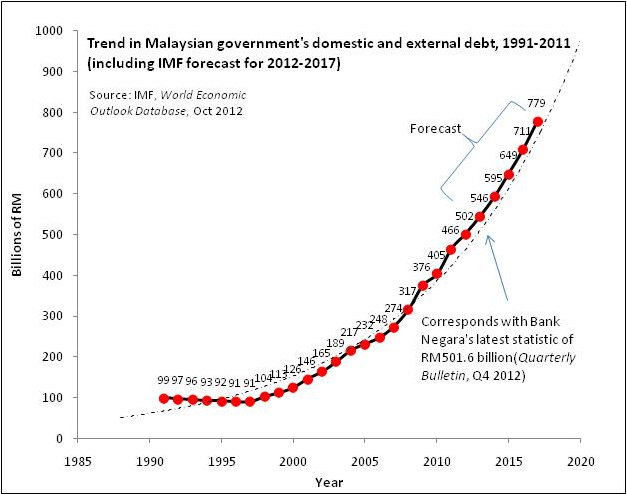– By Dhara Ranasinghe
CNBC
27 Aug 2012
Malaysia is marking itself out as the IPO destination to beat this year with a string of billion-dollar-plus deals. Impressive, for sure, but don’t take the booming IPO market as a sign that Malaysia is poised to become a regional financial hub, experts say.
The reasons for this, they add, are simple: once the slew of big Malaysian companies seeking new listings runs out there is likely to be a dearth of initial public offerings (IPOs) in Malaysia. Because Malaysia is still developing open and liquid capital markets, foreign firms looking to list in the region are likely to pick Singapore and Hong Kong over Kuala Lumpur.
All the big companies listed in Malaysia this year are local firms. To really develop itself as a centre for IPOs, Malaysia needs to attract new listings from big foreign firms in the way Singapore and Hong Kong have done in the past, analysts add.
“Part of the boom in the Malaysian IPO market can be explained by the well-developed pension system in Malaysia, which has allowed for growth in domestic demand for equities,” said Herald Van Der Linde, Head of Equity Strategy, Asia-Pacific at HSBC in Hong Kong.
“However, when it comes to comparing Malaysia with Singapore and Hong Kong, these markets are much larger, more diversified and much better developed. As such, they can compete for global IPOs. This is unlikely to happen in Malaysia yet,” Van Der Linde said. Continue reading “Is Malaysia’s IPO Boom Overhyped?”

